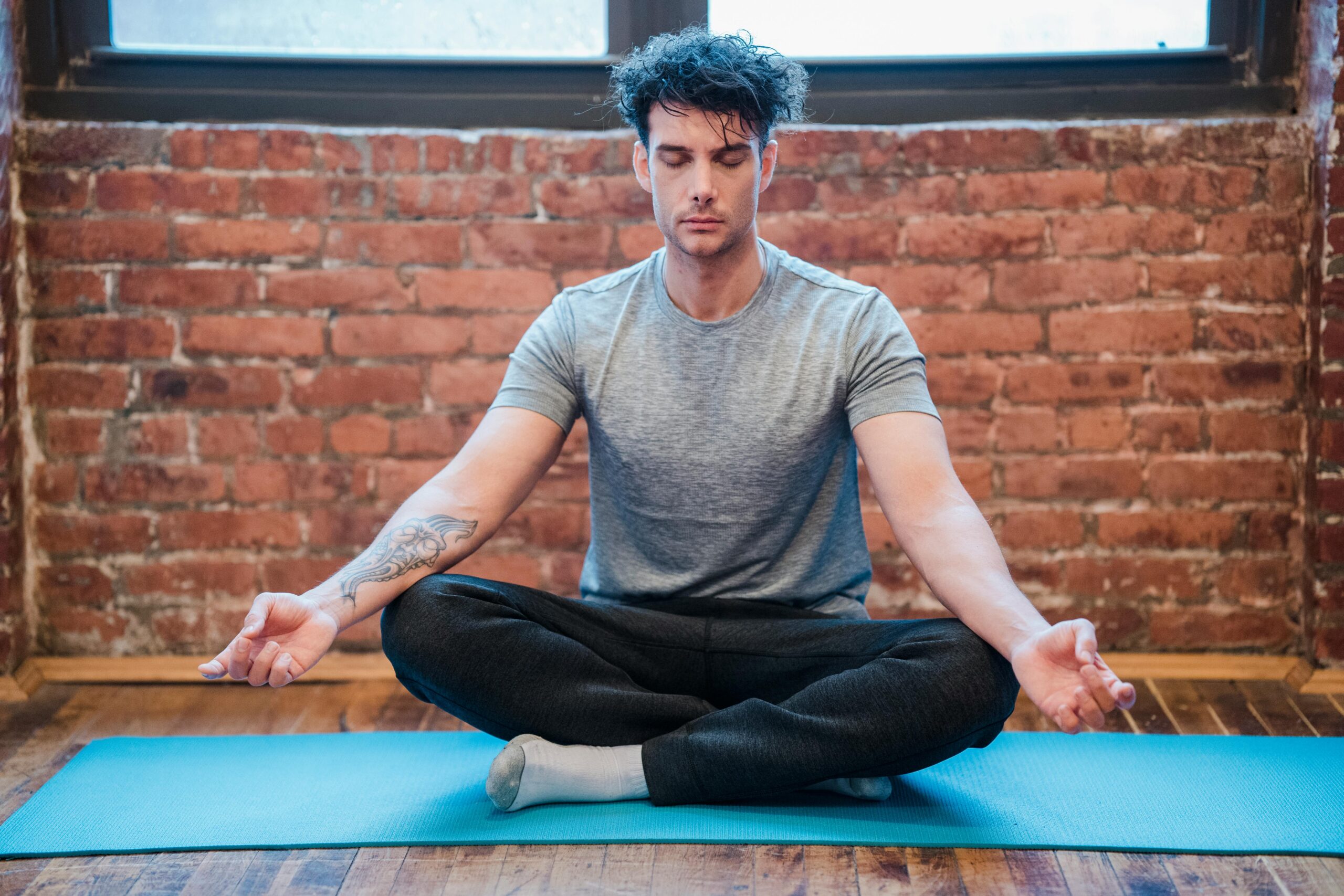Importance Of Self Care For Mental Health| What Is Self-Care and Why Does It Matter?
“Self-care is essential because it makes you stronger, builds confidence, and helps you stay calm and happy—mentally, emotionally, physically, and spiritually.”“In today’s fast-paced world, the importance of self-care for mental health cannot be ignored.” Discover the importance of self-care for mental health and how it helps reduce stress, build resilience, and improve overall well-being.
Mental Self-Care Tips, Why Emotional Support Matters
Importance Of Self Care For Mental Health | Types of Self-Care That Support Mental Health:
|Mental self care|
How self-care improves mental health ?
Mental self-care is extremely important in today’s fast-paced lifestyle. When mental health is neglected, it can lead to overwhelming and harmful thoughts. These days, students, influencers, workers, employees, and even the common person are struggling with high levels of stress and anxiety. Sadly, many feel ashamed or afraid to open up about their struggles, fearing judgment or weakness. This silence can push them toward dangerous paths, including thoughts of self-harm or suicide. However, prioritizing mental health can completely change your life. It helps you see challenges from a new perspective and gives you the strength and clarity to live a more meaningful and fulfilling life. “Mental well-being improves when self-care becomes a habit.”

Examples:
- Journaling thoughts and feelings
- Practicing mindfulness or meditation
- Setting boundaries with social media
Tips:
Read books or listen to podcasts that challenge and inspire you.
Take 10–15 minutes each day for quiet reflection.
Schedule “unplugged” time to reduce information overload.
|Emotional Self-Care|
Emotional self-care is just as important as mental self-care. People are often deeply connected to their loved ones—those they care for and who care for them in return. However, even when surrounded by others, emotional connection can sometimes feel missing. You may have people around you, but not everyone is able to truly understand or support what you’re going through. That’s why it’s important to invest your emotions in those who genuinely value and care for you. Protecting your emotional well-being means choosing the right people to open up to—those who uplift, listen, and respect your feelings. “Practicing self-care for mental health is a long-term investment.”

Examples:
Practicing self-compassion
Talking to a therapist or trusted friend
Expressing emotions through art or writing
Tips:
- Identify and name your emotions without judgment.
- Keep a gratitude list to boost emotional resilience.
- Say “no” to protect your energy when needed.
|Physical Self-Care|
If you keep eating junk food regularly without control, it will eventually damage your physical health. At the same time, I want to remind you that we live in the real world, where things need to be understood practically. This means that it’s okay to enjoy junk food once in a while—but in moderation. Anything that’s overloaded eventually bursts. It’s important to understand that we need to stay healthy not just for ourselves, but also for our families. Taking care of your physical health sets an example, and your loved ones may feel inspired to follow the same path.

Examples:
Eating nutritious, balanced meals
Exercising regularly (e.g., walking, yoga)
Getting enough sleep
Tips:
- Prioritize rest just as much as productivity.
- Keep a consistent sleep routine.
- Drink enough water—hydration supports mood and focus.
|Social Self-Care|
In today’s time, it’s difficult to find the right people around you—those who can be true friends with whom you can share your emotional ups and downs. But if you do have someone who genuinely cares about you, that connection can support your emotional, mental, and even social self-care. So, value and be kind to those who truly care about you. Their presence in your life is a strength, and nurturing those relationships can make a big difference in your overall well-being.

Examples:
Attending a club or group you enjoy
Spending time with supportive people
Calling a friend regularly
Tips:
- Schedule meaningful time with loved ones.
- Practice asking for help or support without guilt.
- Limit time with people who drain your energy.
|Spiritual Self-Care|
Let’s be practical—spirituality isn’t for everyone, and not everyone feels connected to it. But those who do believe in it often understand the depth it brings and are more in tune with their own spiritual journey. Still, if you’re here and open to it, why not give meditation a try? Just remember, you won’t see results in a single day. But if you practice it consistently, even for just a week, you’ll begin to notice a difference in how you feel from within.

Examples:
Reflecting on values or purpose
Prayer or meditation
Spending time in nature
Tips:
- Find quiet time for spiritual reflection or practice.
- Create a morning or evening ritual with intention.
- Volunteer or give back to support a sense of purpose.
Watch this video –Click here
Importance Of Self Care For Mental Health|Make Self-Care a Lifelong Practice|
All of this helps you grow and develop as a person—and most importantly, it strengthens your self-care. It also shows others that you have the power to shift your mindset from negativity or stress to something more positive and hopeful. Remember, taking care of your mental, emotional, physical, and spiritual health is not a luxury—it’s a necessity. When you start valuing yourself, the world around you begins to change too. So take the first step, stay consistent, and let your journey inspire others. Understanding the importance of self-care for mental health is key to long-term well-being.”
“Looking for practical steps to start your self-care journey? Don’t miss our guide on 5 Mindful Daily Rituals for a Well-Rounded Life.”

